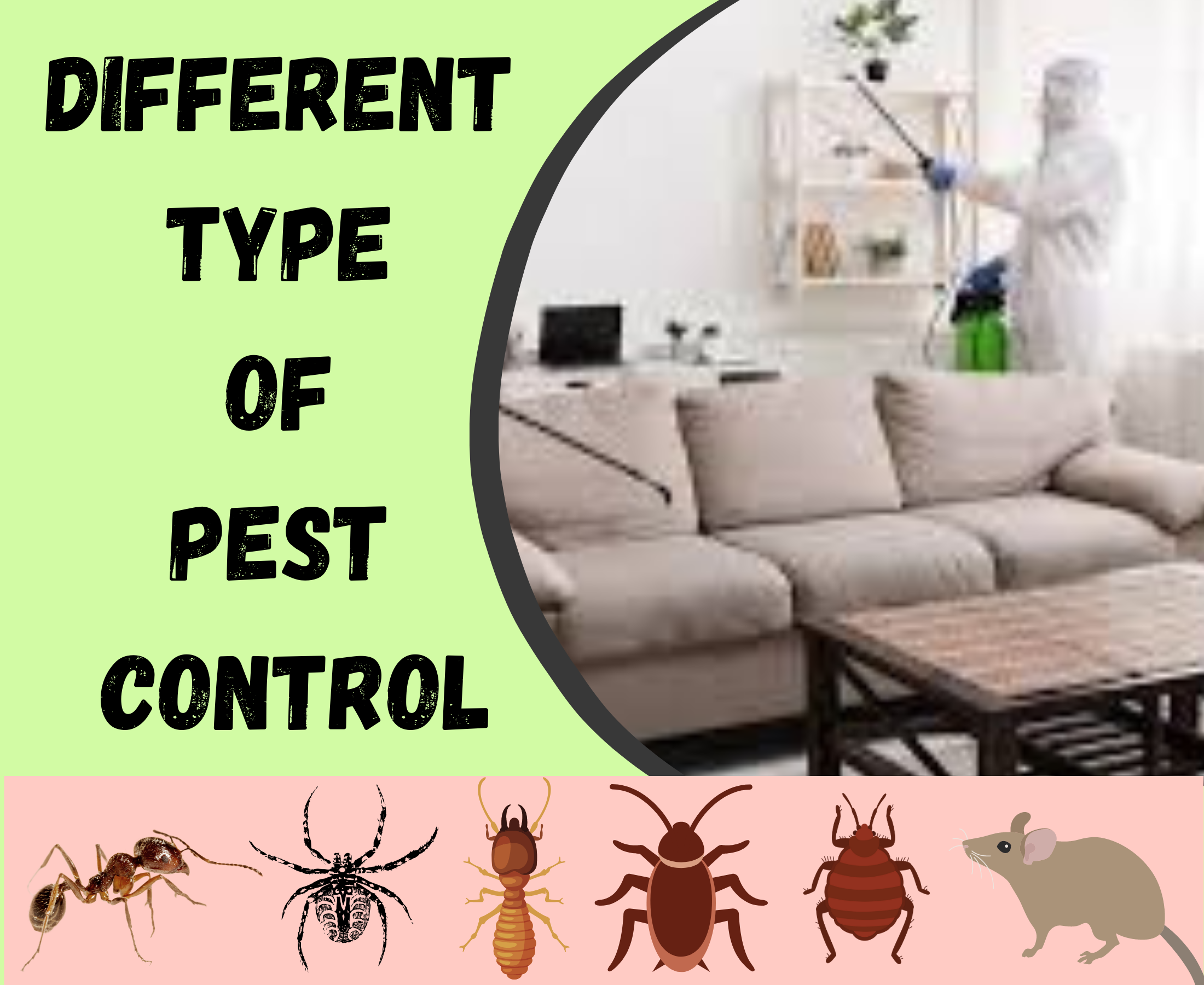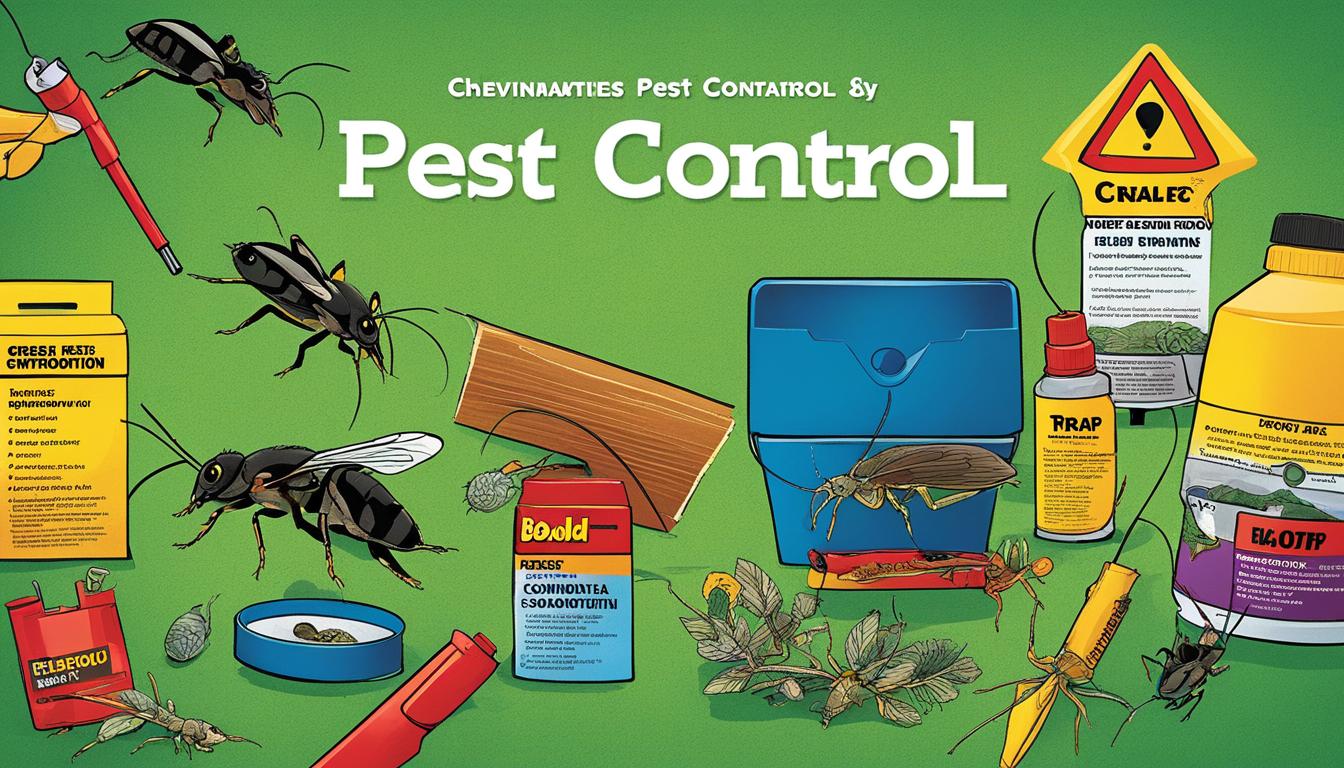Things about Pest Control
Things about Pest Control
Blog Article
Getting The Pest Control To Work
Table of ContentsThe Best Guide To Pest ControlHow Pest Control can Save You Time, Stress, and Money.Pest Control Things To Know Before You Get ThisPest Control Fundamentals ExplainedPest Control for Dummies
Limitations of Chemical Management Be able to analyze bug issues, identify if monitoring is needed, and make suitable suggestions using IPM methods. Be familiar with various approaches of bug management - their benefits and constraints.This phase reviews (IPM), an approach that makes use of expertise regarding insects and their, techniques, nonchemical techniques, and pesticides to handle pest problems. Added info regarding IPM for particular plants is consisted of in phases that concentrate on those plants. Pests in a yard or landscape might include bugs and termites, weeds,, creatures, and birds.
Numerous individuals rush to pull, hoe, or spray every weed they see. Pests and weeds, however, contribute in the. After growing a yard or developing a lawn, the all-natural procedure of plant sequence begins to improve and nonnative plants. A weed expanding in a yard represents the initial phase in a sequence of occasions that, if enabled to proceed, can at some point cause a woodland.
What we call "bugs" are component of an all-natural system at job. Only human beings consider specific types pests when they occur where they are not desired.
Some Known Factual Statements About Pest Control
Bugs at risk to a pesticide were promptly eliminated, leaving resistant ones to breed and multiply. It came to be clear that pesticides alone would certainly not solve all parasite problems. Instead, overuse of pesticides caused the development of immune parasites. Researchers began to establish a new approach to pest control. This brand-new method was defined as incorporated parasite administration (IPM).
An IPM strategy permits some level of parasites in the environment. Pests are a lot less likely to make it through a program that makes use of various techniques of decreasing their populaces. Integrated insect administration was very first suggested by entomologists due to the fact that pests were the first team of pests to prove challenging to handle with chemicals alone.
insect and host precisely. and consider economic or aesthetic injury. A limit is the factor at which action must be taken. a treatment method using mechanical, social, organic, or chemical controls, or a combination of these methods. success of treatments. IPM has extended beyond bugs to administration of all visit homepage pest populaces: weeds, disease microorganisms, and animals.
The 6-Second Trick For Pest Control
Administration rather than eradication of parasites is the goal. An IPM plan starts with a cautious assessment of each pest infestation.
Clover growing in a grass may be seen as visit our website an undesirable weed, however as a bean it is synthesizing nitrogen for the soil and the flowers are supplying nectar to honey and other. Resistance for some weeds might become part of an IPM plan. may be eating the leaves of a plant, however when they are identified as the larvae of Eastern tiger swallowtail butterflies, their damage may be endured so we can enjoy the beautiful butterfly.

The 2nd crucial tool in pest administration is very early intervention. Being present and observant in the garden makes certain very early detection. Reacting to issues quickly, before they have time to multiply, needs a much less dramatic intervention. The 3rd most vital device is recordkeeping; tracking what happens in the garden enables a gardener to acknowledge patterns and make educated choices.
Pest Control Things To Know Before You Get This
Several safe, useful, nonchemical approaches of plant protection and bug monitoring may reduce or remove the requirement to spray. Various other approaches are most helpful when used with chemicals. To carry out administration more methods correctly and to decrease losses, garden enthusiasts need to understand the kinds of pests that attack plants and comprehend pest biology.

Performing a soil test and applying only the recommended quantity of plant food and lime makes the most of the benefit to the plant while decreasing issues associated with extreme use fertilizer - Pest Control. Treatment the dirt with several inches of mulch shields the plant in a number of ways: decreasing soil water loss to evaporation, minimizing weed competition, providing nutrients, and developing an ideal environment for earthworms and microorganisms that maintain the dirt loosened for roots and damage down organic material to launch nutrients
If mulch touches the trunk, it can create a means for voles, germs, and fungi to attack the plant. Do not use manure or garden compost that has actually not thoroughly disintegrated as a leading clothing because it can encourage undesirable pests. Research study suggests that farming is damaging to soil framework.
Not known Incorrect Statements About Pest Control
If tilling is considered required, think about doing it in the loss when the life cycles of several bugs brings them near the surface. At the surface area, parasites come to be revealed to the weather as well as birds and various other natural opponents.
Report this page